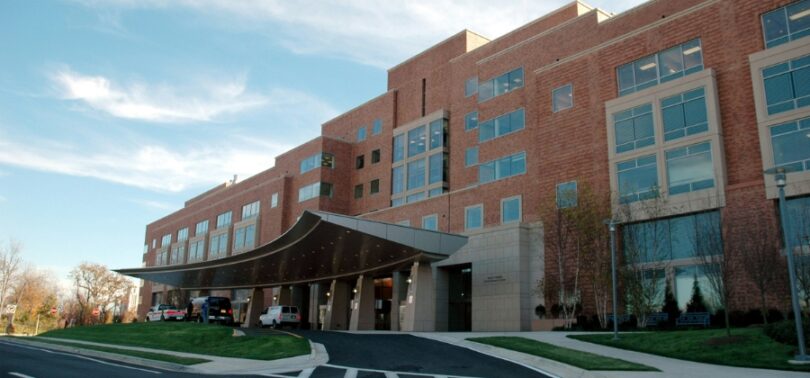The world of healthcare is in a constant state of flux. From technological advancements to patient care demands, hospital administrators must navigate a complex landscape to ensure efficient and effective operations. But what are these challenges, and how can hospitals overcome them? Let’s dive into the intricacies of modern hospital management and explore practical solutions that are reshaping the future of healthcare.
Modern Hospital Management: Balancing Efficiency and Humanity
Hospitals today face a multitude of hurdles. Rising healthcare costs, coupled with an aging population demanding more services, put immense strain on budgets. Staff shortages, particularly skilled nurses and specialists, further complicate matters. At the same time, patients expect a seamless experience, with personalized care and access to information at their fingertips. This intricate dance between financial viability, operational efficiency, and compassionate care defines the core challenge of modern hospital management.
Challenge 1: Integrating Advanced Technology
One of the biggest challenges in modern hospital management is integrating advanced technology. Hospitals are increasingly relying on digital tools and electronic health records (EHRs) to streamline operations. However, implementing these technologies can be daunting. Many hospitals struggle with outdated infrastructure and the high costs of new systems.
Solution: To overcome this, hospitals should invest in scalable technology solutions. Partnering with tech firms that offer comprehensive training and support can ease the transition. Additionally, phased implementation can help manage costs and minimize disruptions.
Challenge 2: Ensuring Data Security
With the rise of digital healthcare, data security has become a critical concern. Protecting patient information from cyber threats is paramount in modern hospital management. A single breach can lead to significant financial and reputational damage.
Solution: Hospitals must adopt stringent cybersecurity measures. Regularly updating security protocols, conducting staff training, and employing advanced encryption techniques are essential steps. Collaborating with cybersecurity experts can also provide added protection.
Challenge 3: Managing Workforce Efficiency
Efficient workforce management is another key challenge in modern hospital management. Staff shortages, burnout, and high turnover rates can severely impact patient care and operational efficiency.
Solution: Implementing robust human resource strategies can address these issues. This includes providing continuous professional development, promoting a positive work environment, and leveraging workforce management software to optimize scheduling and workload distribution.
Challenge 4: Enhancing Patient Experience
In today’s patient-centric healthcare environment, enhancing patient experience is crucial. Patients expect high-quality care, personalized treatment, and seamless communication. Meeting these expectations can be challenging for hospitals.
Solution: Modern hospital management should focus on patient engagement initiatives. Utilizing patient feedback systems, offering telehealth services, and improving communication channels can significantly enhance patient satisfaction. Investing in staff training on patient interaction also plays a vital role.
Navigating the Future of Hospital Management
In conclusion, modern hospital management requires addressing complex challenges with innovative solutions. By integrating advanced technology, ensuring data security, managing workforce efficiency, and enhancing patient experience, hospitals can navigate these challenges successfully. The future of healthcare lies in the ability to adapt and innovate, making modern hospital management a dynamic and exciting field.


